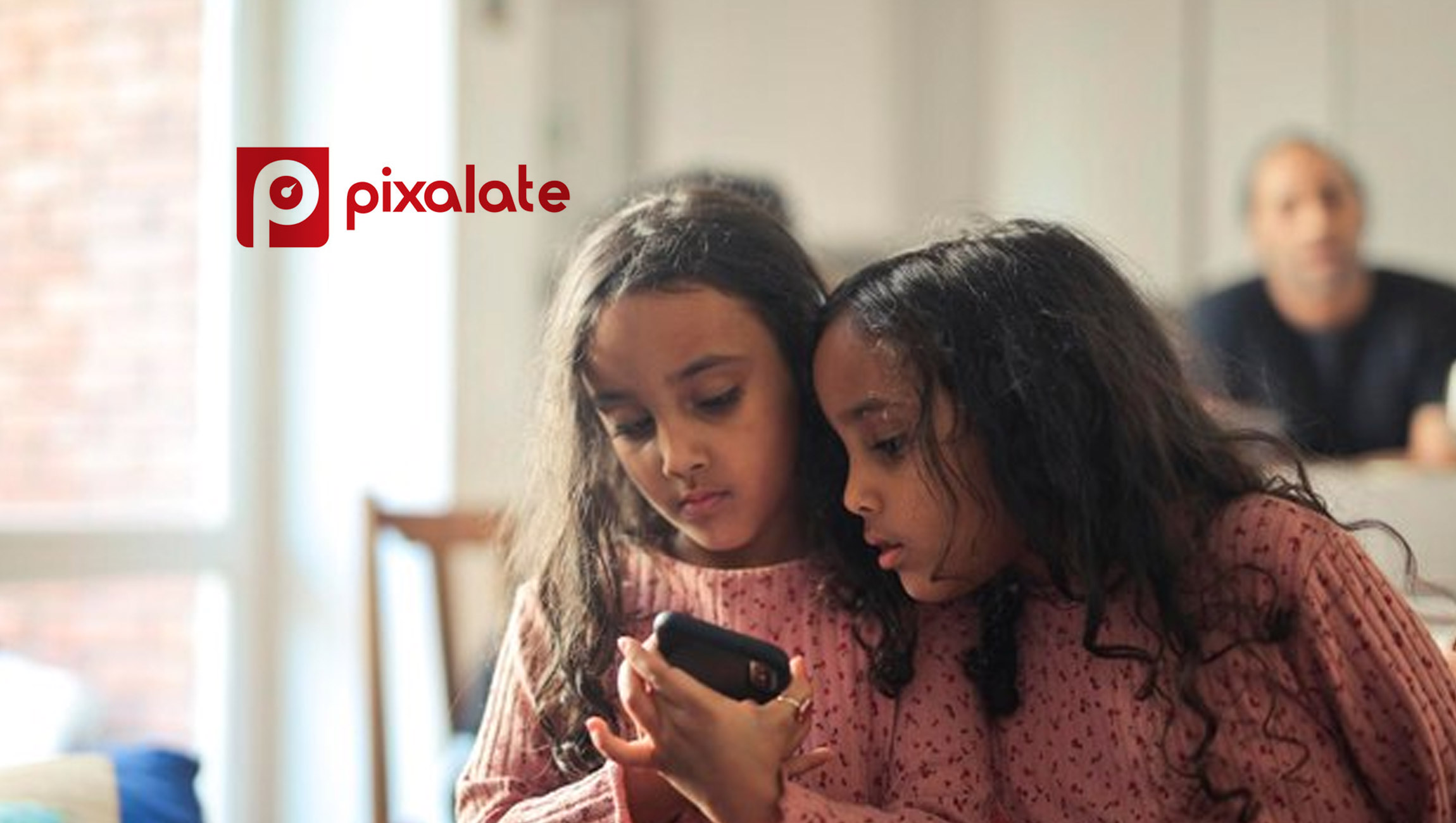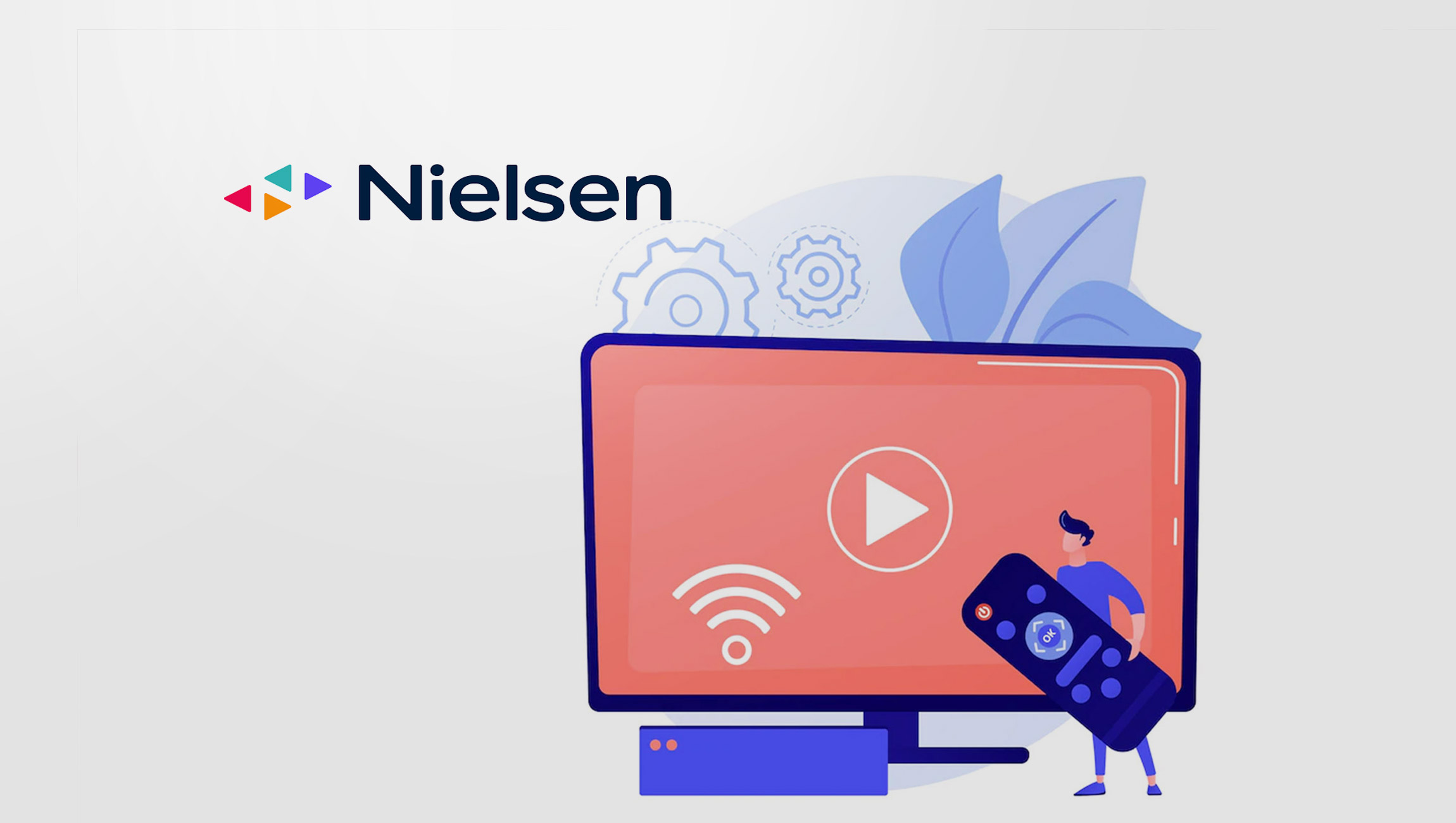Pixalate opens the list of manually reviewed top 1,000 likely child-directed apps for regulators and parents as Google Play Store sees 20% bump in likely child-directed apps
Pixalate, the global market-leading fraud protection, privacy, and compliance analytics platform for Connected TV (CTV) and Mobile Advertising, today released the Q2 2022 Google vs. Apple COPPA (Children’s Online Privacy Protection Act) Risk Scorecard Report to examine the state of children’s online privacy across apps available for download in the Google and Apple app stores.
The list of the top 1,000 likely child-directed apps that have programmatic ads and have been reviewed by Pixalate’s Trust and Safety Advisory Board of educators.
Marketing Technology News: Mobiquity Technologies Announces the Launch of an Exclusive 12-Month Campaign for BitBurn
Pixalate analyzed over 5 million apps available for download via the Apple App Store and Google Play Store as of the last date of Q2 2022 and found that over 422,000 are likely child-directed — an increase of 8% quarter-over-quarter. Google Play Store saw a 20% quarter-over-quarter increase of such apps, while Apple’s number decreased by 8%.
Pixalate found that over 70% of the top 1,000 most popular apps that are likely directed to children on both Google and Apple shared either GPS coordinates or residential IP addresses with advertisers during Q2 2022. Open programmatic advertisers also spent 4.1x more per app on child-directed apps (compared to general audience apps) in Q2 2022, according to Pixalate’s estimates.
Marketing Technology News: MarTech Interview with Justin Tsang, Growth Product Manager at Clearbit
Key Findings: Pixalate’s Q2 2022 Google vs. Apple COPPA Scorecard
- There are >422K likely child-directed mobile apps across Google and Apple stores, an 8% increase quarter-over-quarter. The biggest increase came on Google (up 20% QoQ), while Apple’s number decreased 8%.
- 9% of Apple App Store apps (152k) and 8% of Google Play Store apps (271k) are likely child-directed.
- 24% reduction in likely child-directed apps across Google/Apple that request permissions to access personal information but have no detected privacy policy vs. Q1 2022
- 16% of likely child-directed apps in the Apple store have no detected privacy policy, down from 21% from Q1 2022
- 42% of likely child-directed mobile apps request permissions to access personal info, an increase from 40% in Q1.
- 64% of likely child-directed apps have no identified country of registration; 9% are registered in the U.S.
- 68% of the top 150 most popular U.S.-registered likely child-directed apps manually reviewed by Pixalate transmit location information.











